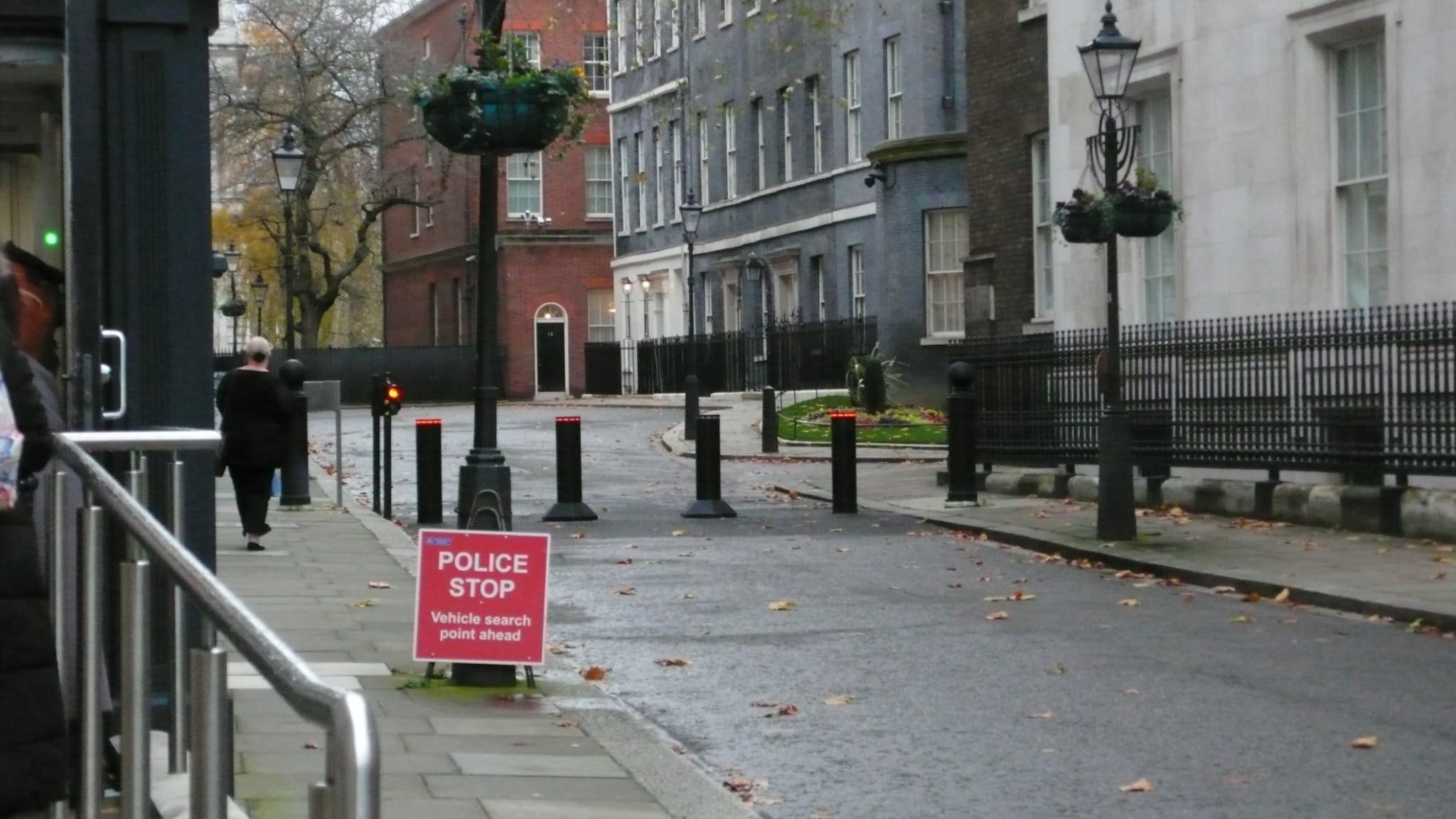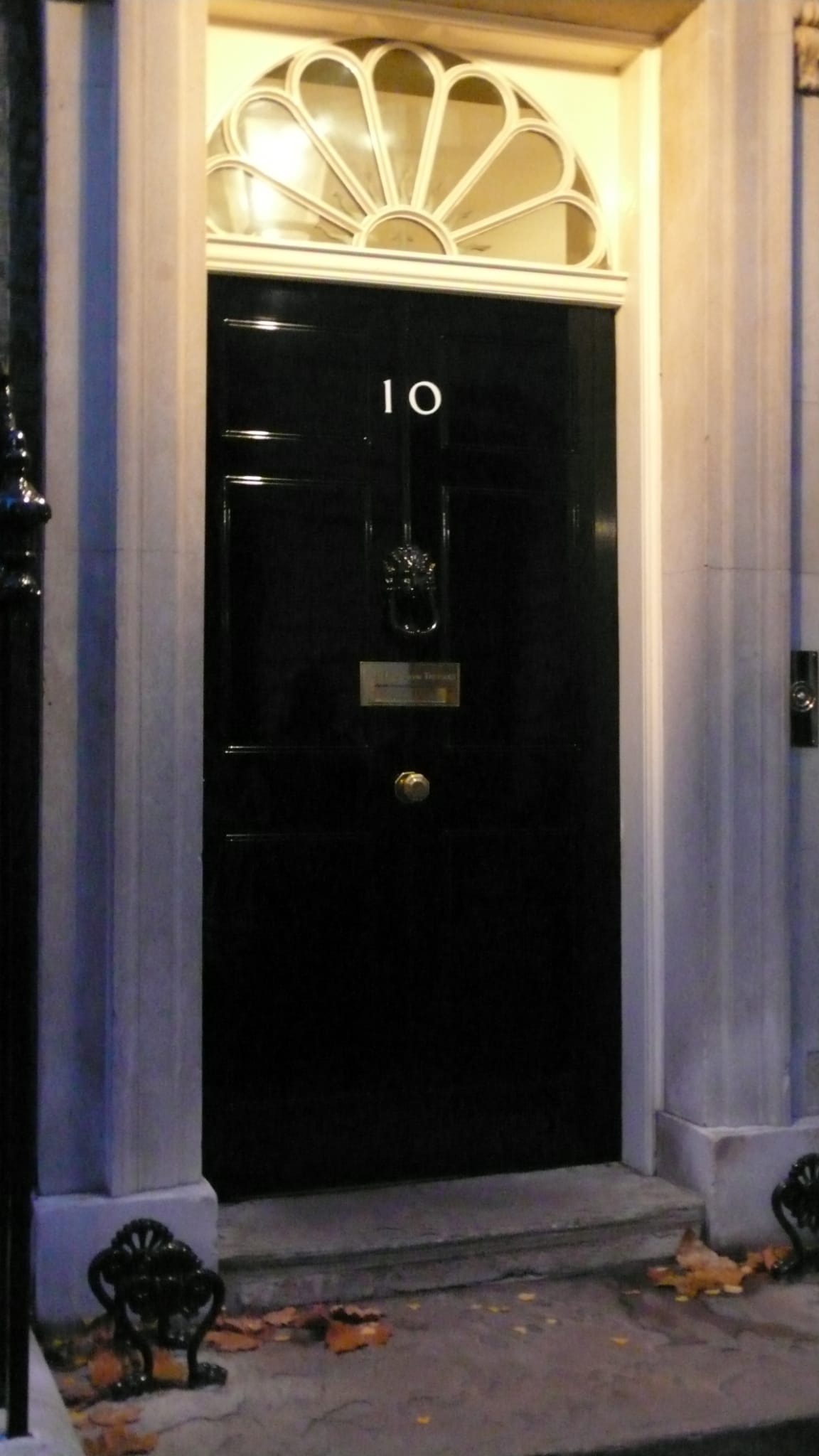

Chris
A Foot in The Door; One Step Closer to Ending Child Poverty
19 Dec, 2024With Christmas just around the corner, child poverty figures are still very much at the forefront of many peoples' minds. Many children will not get the presents they long for; some will be lucky to even get warmth; An unacceptable amount may further go hungry, from a lack of enough nourishing food.
As parents, we will do whatever we can to circumvent this fate. For some of us, that might mean wringing out every second of time we can to work for a salary. For me, that means campaigning. I was privileged enough to be one of the Changing Realities participants invited to attend a meeting with a mix of civil servants and two top ministers at No.10 Downing Street. We were a group of 12 parents, representing the almost 200 parents and carers who are part of Changing Realities.
I say ‘privileged’, because not every campaign group gets invited to No.10. There are some people who likely work harder than I ever could, and who simply haven't had the conditions to reach that point. And our privilege does not end there. Not everybody has access to the internet and technology to partake in Changing Realities. Nor does everybody have the time and energy on top of their other duties. On the other end of the scale, not every struggling parent meets the criteria of poverty despite having valid concerns to voice themselves.
Thinking back now, it seemed surreal to be entering through those foreboding famous black metal gates to the security booth, rather than being passers by or tourists hoping to catch a glimpse of what lays behind the armed guards bullet proof vests and the bomb proof glass windows.

I started to feel somewhat cynical of what was to come on the opposite side of that famous polished black door. I have no time or respect for politicians who are often shown to be bare-faced liars or who make bad decisions. Would we be looked down upon, would we be wasting our breath talking to these people? Were they likely to simply make sympathetic sounds in the right places and pat us on the head then say thanks and send us on our way?
The good news is in my opinion it turned out to be nothing like that. We were made very welcome and comfortable by staff and once everyone was seated at the enormous table, the meeting began with an ice breaker which beautifully set the tone of the meeting and cleverly levelled the playing field for all concerned.
It's not every day we get to say we were in the state banquet room at No.10 chatting with staff and ministers, however our message to the Government was far more important than that.
We started by looking at three key themes. Firstly why we need action and the harm poverty causes, followed by what will make a difference and what that will mean to families. Lastly, we addressed why we need to involve families with experience of poverty in policy making and how this will change things. Each participant gave a short speech and finished off with a question of their own choosing. The ministers and civil servants were able to respond to these themes and questions face to face, and in real time, with it feeling more like a conversation than a rigid exchange of ideas.
We will be sharing the speeches can be read in a separate blog soon, but this is an excerpt from my speech to ministers about changing the narrative around social security:
People want to be treated as human beings. We want respect, dignity, security and stability. We want to thrive, not just survive. We are crying out for it. A better story about social security would recognise all of this. It would emphasise that social security is an investment in people. An investment in our children, our futures, and a better tomorrow. A better story about social security would be one which harnesses the good of the people and community spirit. When people feel valued, appreciated, celebrated and congratulated they are more willing to go the extra mile in their work and their communities. This would also be a story which wins support for a social security system which is fairer and delivers real security as well as eliminating child poverty once and for all."
Face to face - this was perhaps the most important thing about this meeting. The fact it was face to face meant the breakdown of barriers. Statistics may look good on paper but that does not mean they are felt by the public. Lived experience is already worth its weight in gold, and lived experience allows the policy makers to realise what translates to meaningful change. However, sometimes those experiences may be hard to digest. Words are just words. They can only mediate emotion, but cannot be emotion. So to present those lived experiences face to face is a far more powerful tool in the campaign to end child poverty.
The message around the value of lived experience and child poverty was delivered in person and was heard loud and clear by all concerned. More so it was heard by those with the power to take action, and to change policy to make meaningful long-lasting effective change.
When it comes to important takeaways, though, I cannot highlight enough that this meeting was only the beginning. It marked the start of a possible series of meetings, a relationship between the government and our efforts. As the minister quite rightly pointed out in her reply to our questions, lived experience helps cement a story in their minds of that person and their personal circumstances. Another cabinet minister said, "We want you to hold us to account". This is the start of a new step in the process of not only eradicating child poverty as it is now, but to monitor how well policies continue to support the welfare of children moving forward indefinitely.
It goes without saying, the entire experience from start to finish was amazing and definitely one to remember. I just hope we did our cause enough justice.